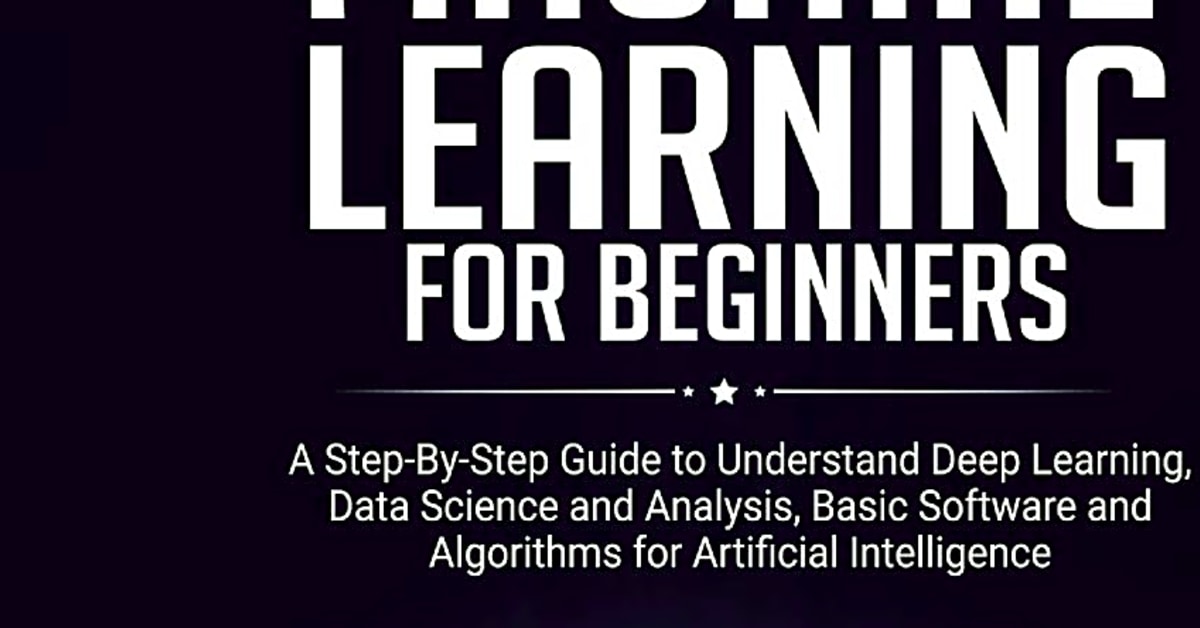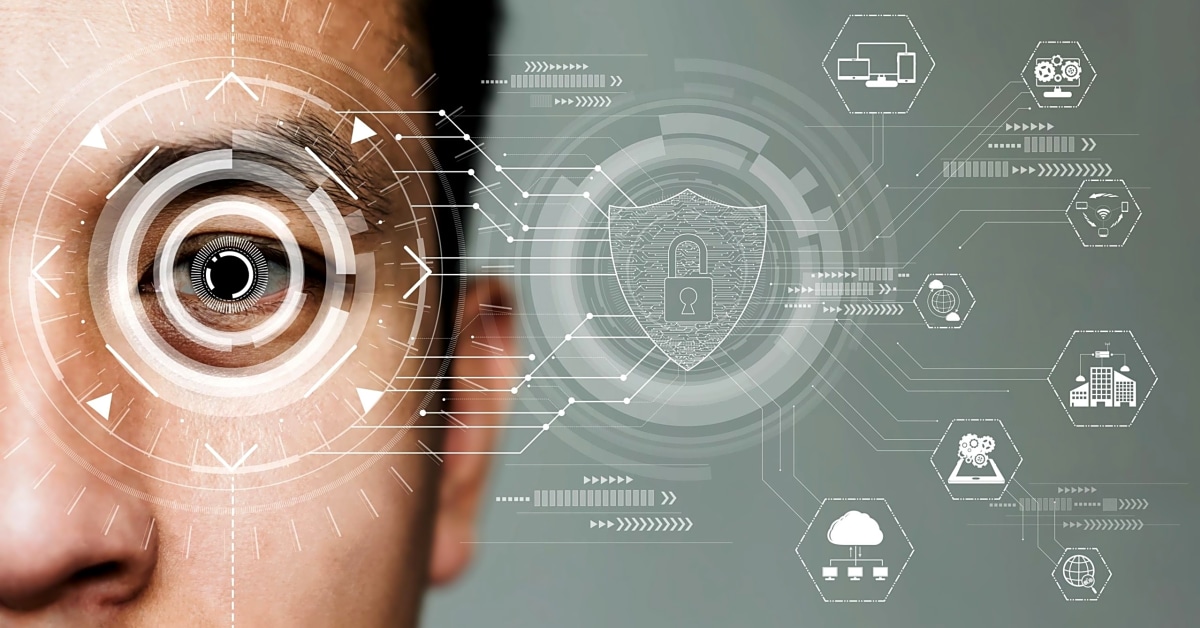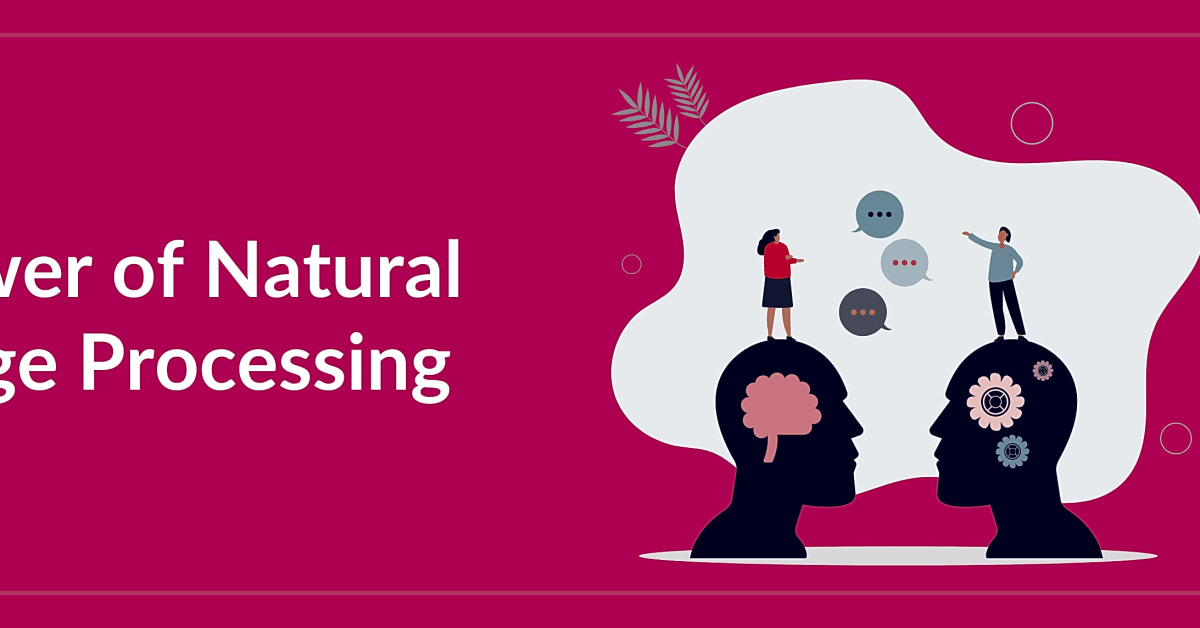Welcome to our beginner’s guide to using machine learning in digital marketing! In today’s fast-paced and competitive world, businesses are constantly looking for ways to stay ahead of the game and gain an edge over their competitors. One way to do this is by harnessing the power of artificial intelligence (AI) in marketing. Specifically, we will be focusing on one of the most popular and widely used forms of AI – machine learning. Whether you are new to the concept or have some background knowledge, this article will serve as a comprehensive guide to understanding machine learning and how it can benefit your digital marketing strategies. So, let’s dive in and explore the world of machine learning in the context of marketing. From its basic definition to real-life applications, we’ve got you covered. By the end of this article, you will have a solid understanding of how machine learning works and how it can revolutionize your marketing efforts. So, let’s get started!
Simply put, machine learning is a subset of artificial intelligence that allows computers to learn and improve from experience without being explicitly programmed. In the context of marketing, this means using algorithms to analyze data and make predictions that can optimize your campaigns.
Next, let’s discuss customer segmentation and how it relates to machine learning. By analyzing large amounts of data, machine learning algorithms can identify patterns and group customers based on their behaviors and preferences. This allows marketers to tailor their messaging and offers to specific segments, resulting in higher conversion rates and better ROI.
Predictive analytics is another powerful tool made possible by machine learning. By analyzing past data, these algorithms can make predictions about future outcomes. This can help marketers make more informed decisions about their campaigns, such as which channels to invest in or which products to promote.
Now let’s talk about chatbots – the AI-powered assistants that have taken the marketing world by storm. These virtual agents use natural language processing (NLP) and machine learning to communicate with customers in real-time. They can answer questions, provide recommendations, and even complete transactions. This not only enhances the customer experience but also frees up valuable time for marketers to focus on other tasks.
To put things into perspective, let’s look at some successful examples of AI implementations in marketing. For instance, Coca-Cola uses machine learning to analyze consumer data and create personalized content for their social media channels. This has resulted in a 19% increase in sales and a 4.4% increase in brand loyalty. Another example is Sephora, which uses chatbots to assist customers with product recommendations and makeup tutorials. This has led to a 70% increase in customer engagement and a 50% higher conversion rate.
In conclusion, the use of AI and machine learning in marketing has revolutionized the way businesses connect with their target audience. From customer segmentation to predictive analytics and chatbots, these technologies offer endless possibilities for optimizing your digital marketing efforts. So don’t get left behind – start exploring the world of machine learning and take your marketing game to new heights.
The Power of Personalization
When it comes to marketing, personalization is key. Customers want to feel like the content they are receiving is tailored specifically for them. This is where machine learning comes in.
By using machine learning algorithms, marketers can analyze large amounts of data from customers’ behavior and interactions with their brand. This allows them to create personalized marketing strategies that cater to each individual’s needs and preferences.
For example, machine learning can be used to segment customers based on their demographics, interests, and buying behavior. This information can then be used to target specific audiences with customized messages and offers.
Moreover, machine learning can also help with predictive analytics, where it can anticipate what products or services a customer may be interested in based on their past behavior. This allows marketers to create personalized recommendations that are more likely to convert into sales.
Another way machine learning can be used for personalization is through chatbots. These AI-powered assistants can engage with customers in real-time, providing personalized recommendations and assistance based on the customer’s needs and preferences.
The power of personalization through machine learning goes beyond just creating a better customer experience. It also leads to higher conversion rates, increased customer loyalty, and ultimately, better business results.
The Future is Predictive
As the world becomes increasingly data-driven, the future of marketing lies in predictive analytics. Machine learning algorithms have the ability to analyze vast amounts of data and make accurate predictions, allowing marketers to make informed decisions about their campaigns.
By leveraging data from various sources such as social media, website analytics, and customer demographics, machine learning can help identify patterns and trends that can inform marketing strategies. This allows for more targeted and personalized campaigns that are tailored to specific customer segments.
One of the key advantages of using machine learning for predictive analytics is its ability to constantly learn and adapt. As new data is collected and analyzed, the algorithms can continue to improve their predictions, making them even more accurate over time.
Another benefit of predictive analytics is its ability to anticipate customer behavior. By analyzing past interactions and behaviors, machine learning can predict future actions and preferences, allowing marketers to tailor their campaigns accordingly. This not only improves the overall customer experience but also helps businesses stay ahead of the competition.
Machine learning has the potential to revolutionize the way we approach marketing, making it more data-driven and efficient. By leveraging data to make informed decisions, businesses can stay ahead of the curve and drive better results for their campaigns.
Chatbots: The Ultimate Assistant
The rise of artificial intelligence has opened up new possibilities for businesses, especially in the realm of customer service. One of the most exciting developments in this area is the use of chatbots – AI-powered virtual agents that can interact with customers in a natural and human-like manner.
Chatbots have quickly become an essential tool for modern businesses, as they can handle a wide range of tasks and help enhance the customer experience. From answering common questions to providing personalized recommendations, chatbots can save time and resources for businesses while also improving customer satisfaction.
One of the key benefits of using chatbots is their ability to handle large volumes of customer inquiries without any delays or errors. This is especially useful for businesses that receive a high volume of customer queries and may not have enough human resources to handle them all effectively.
Moreover, chatbots are available 24/7, which means customers can get assistance at any time of the day or night. This ensures a seamless and consistent customer experience, regardless of when they reach out for help.
Another advantage of chatbots is their ability to learn from each interaction and continuously improve their responses. This allows them to become more efficient and accurate over time, making them an invaluable asset for businesses looking to provide exceptional customer service.
In addition to customer service, chatbots can also be used for sales and marketing purposes. They can engage with potential customers, gather valuable data about their preferences and behavior, and even make personalized product or service recommendations.
Overall, chatbots offer a cost-effective and efficient solution for enhancing the customer experience. By leveraging the power of AI, businesses can improve their customer service, increase efficiency, and drive sales – making chatbots the ultimate assistant for modern businesses.
As we’ve seen, the potential of using machine learning in marketing is vast. By harnessing the power of AI, you can gain valuable insights into your customers and create personalized experiences that drive results. So why not start incorporating these technologies into your marketing strategy today?


